
It’s Labor Day weekend here in the US, which means. . . I don’t really know what it means. Hot dogs and enjoying the late summer weather, I suppose.
As a barista for a lot of my time in this country, I’ve been used to working most Labor Days. The irony is that those in the service industry are the ones most in need of a paid holiday, and the least likely to get it.
Anyway, let’s have a look at the news.
Activists Sour On Oatly Vegan Milk After Stake Sold To Trump-linked Blackstone - via The Guardian
Oatly, the darling alt milk maker of the specialty coffee world, recently closed a $200 million investment round, which valued the company at $2 billion.
Part of that investment was from Blackstone, a giant private equity firm that has ties to numerous extractive, planet-destroying industries. Because that’s what private equity money does: it goes where it can extract the most profit the quickest. (Blackstone, aside from its many other terrifying investments, also has links to Trump, but his name in this story probably has more to do with generating clicks than anything else.)
Blackstone’s links to Brazilian firms that are involved in deforestation are the reason for this latest outcry, which accuses Oatly of selling its sustainable soul for quick bucks. (Oatly is also part-owned by the Chinese state-owned conglomerate China Resources, which owns cement factories and coal mines and so forth.)
Oatly’s explanation, in various tweets and statements, is that “this investment will help us drive the plant-based movement further, and steer global capital in a more sustainable direction.” Basically, that $200 million was going to be spent somewhere, and better with Oatly and their sustainable ways than in some horrible strip mine or pipeline.
Which, sure. True. And the demand for the product is there, quite obviously. Exhibit A: my freezer is currently full of Oatly ice cream—it’s delicious, damn it.
BUT, did they need that investment? Why is everything about supercharged growth at all costs? (That’s a rhetorical question.)
Oatly could have taken it slow, grown sustainably over time, and stayed true to their obviously forthright principles. But $200 million is hard to turn down when growth is your end goal.
There is, of course, no ethical consumption under capitalism.
And unsurprisingly Blackstone is already using the deal to greenwash its reputation: the company’s Instagram bio currently reads “Learn how we’re backing sustainable, plant-based alternatives to dairy with our investment in @oatly”.
California Court Dismisses Lawsuit Linking Coffee To Cancer - via The Takeout
Not surprising, and a long time coming, but that ridiculous acrylamide lawsuit has finally been thrown out for good.
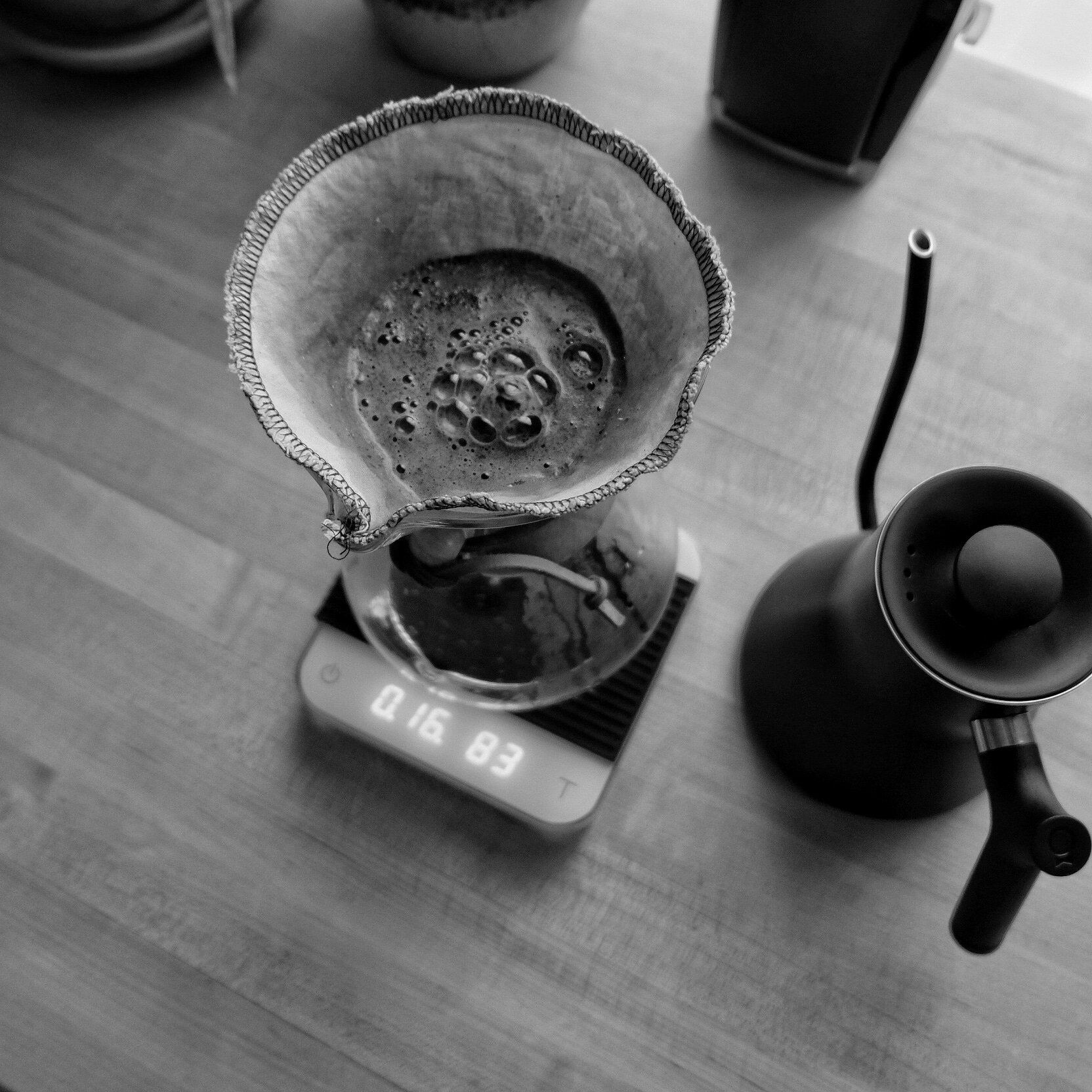
A Chemex and kettle seen from above, with coffee blooming in the Chemex
Do you remember this one? It was a big deal for a while in the coffee world. Basically, a dodgy “non-profit” with a fancy sounding name, the Council for Education & Research on Toxics (CERT), has been suing companies for decades over acrylamide, using California’s strict Proposition 65 laws to scare huge conglomerates into settling lawsuits and bending to its weird will.
Acrylamide, for the record, is a chemical compound produced in the Maillard reaction, aka the browning of food from toast to cookies to coffee. You can read all about it via the folks at the Food and Drug Administration, if you so wish. At huge doses it can be carcinogenic, but you would need to drink so much coffee to get to that point that it isn’t worth worrying about.
The more interesting aspect to this whole thing is the massive storm it created in the coffee world—the Pourover currently lists eight articles containing the word “acrylamide” from the past four years—and the shady non-profit behind it. CERT is apparently now shut down, but over the past few decades managed to make millions of dollars off the back of similar lawsuits.
You really have to love the legal system.
From Cool Beans to Has-beens? The Covid Threat To Britain's Coffee Shops via The Guardian
Just a terrible headline.
What’s also terrible, and probably not surprising, is the effect that COVID-19 is having on small coffee shops in the UK (and elsewhere, of course, but this article is UK-specific so there we go).
Oh apparently it’s also having an effect on Costa and Pret and other big chains, who I care less about, although I do care about their employees who are being fired. Oh, I’m sorry—Costa is “cutting” 1,000 staff, while Pret is “losing” nearly 3,000. That’s some top quality weasel-wording there, The Guardian.
Costa, for the record, is owned by Coca-Cola, one of the biggest companies in the world, and had revenue of £ 1.68 billion in 2016. They could definitely not “cut” those jobs if they didn’t want to. They just, you know, don’t care about their employees.
Anyway, although it isn’t surprising that high street cafes are losing business, it is interesting to see where the trend is being reversed somewhat. The piece reports, “City centre locations may not be the same again, but commuter towns and suburbs are faring better as people working from home switch spending to their local neighbourhood.”
There’s also the fact that contraction in the industry—one which is hyper-focused on constant growth at all costs—might not be the worst thing.

Coffee cherries on a branch
More Headlines
A Coffee Company In The UK Is Teaching Inmates Barista Skills So They Can Find Work On The Outside
Hard Coffee Is On The Rise With 11,000 Percent Spike In Sales
The Week In Corporate Coffeewashing
Maxwell House has released a “100% compostable” coffee pod in Canada, which apparently “signif[ies] the brand's commitment to sustainability.”
In seven weeks, the pods—made from 85% recycled coffee grounds and some corn starch—will supposedly decompose in your backyard compost.
Which, honestly, is better than most of these “100% compostable” claims. Still, any claim such as this by a massive coffee conglomerate should always be looked at suspiciously—they aren’t doing it out of the goodness of their hearts.
Is Coffee Good For You?
With the news of the acrylamide lawsuit being dismissed, I think that counts as coffee being good for us this week, don’t you?
What I’m Drinking This Week
Still working my way through the coffee sent to me by Mirror Coffee Roasters a few weeks ago, but there’s a new bag by a new roaster inching its way towards circulation so keep an eye out on the ‘gram for that.

A person sits on the floor reading a book. via Unsplash
What To Read
Keba Konte’s Caffeinated Revolution by Elazar Sontag
Barista Health & Safety During COVID-19 by Mark Van Streefkerk
Until next week, drink good coffee. Wear a mask. Maybe figure out how to make your own oat milk? That’s my plan.
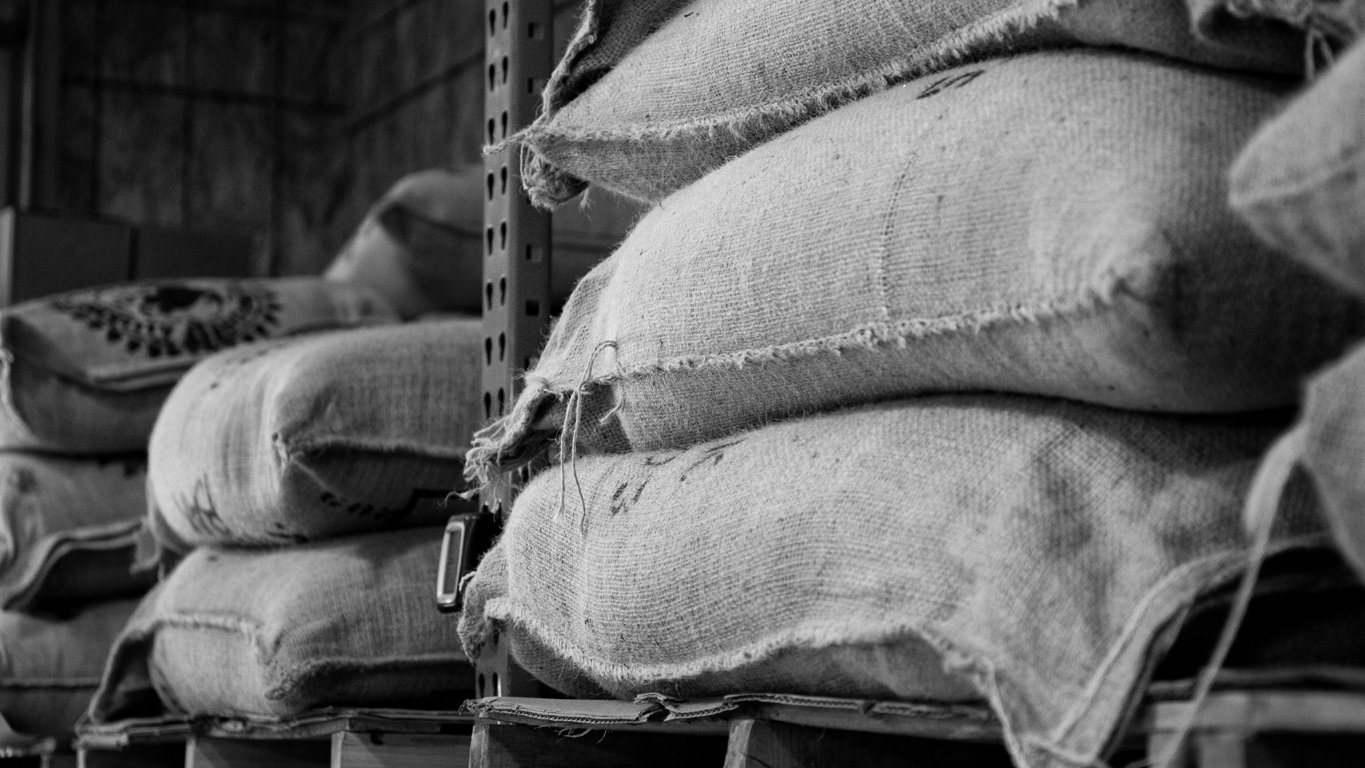
Nov 24, 2023 Connecting the Dots: Inside the 2023 Coffee Barometer Nov 24, 2023 Nov 24, 2023
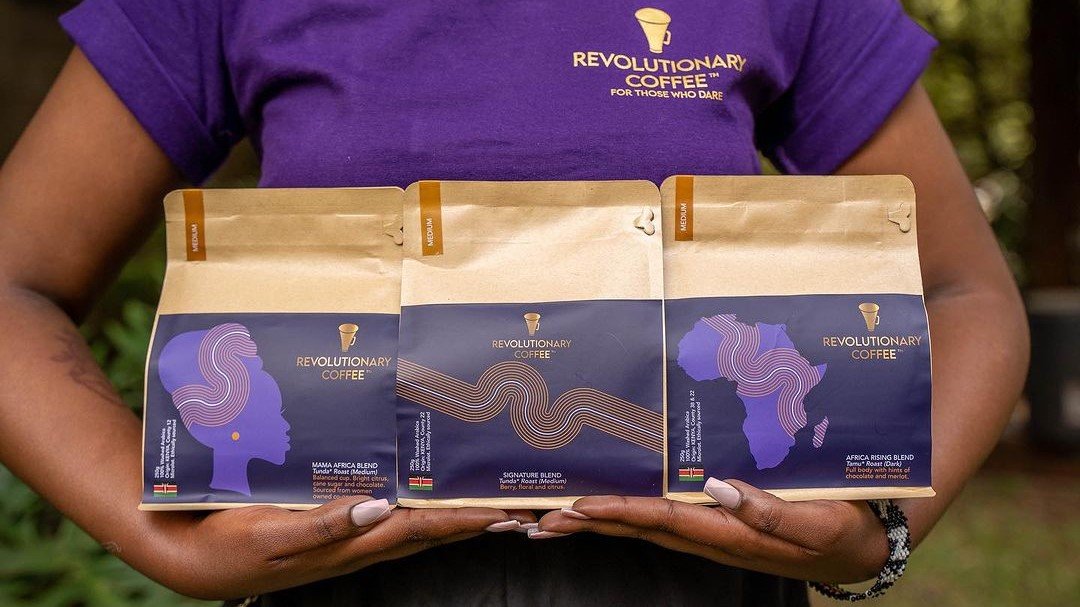
Oct 21, 2023 'Specialty Coffee Should be Enjoyed by Those Who Grow It': The Farmer's Daughter Joining Kenya's Coffee-drinking Revolution Oct 21, 2023 Oct 21, 2023
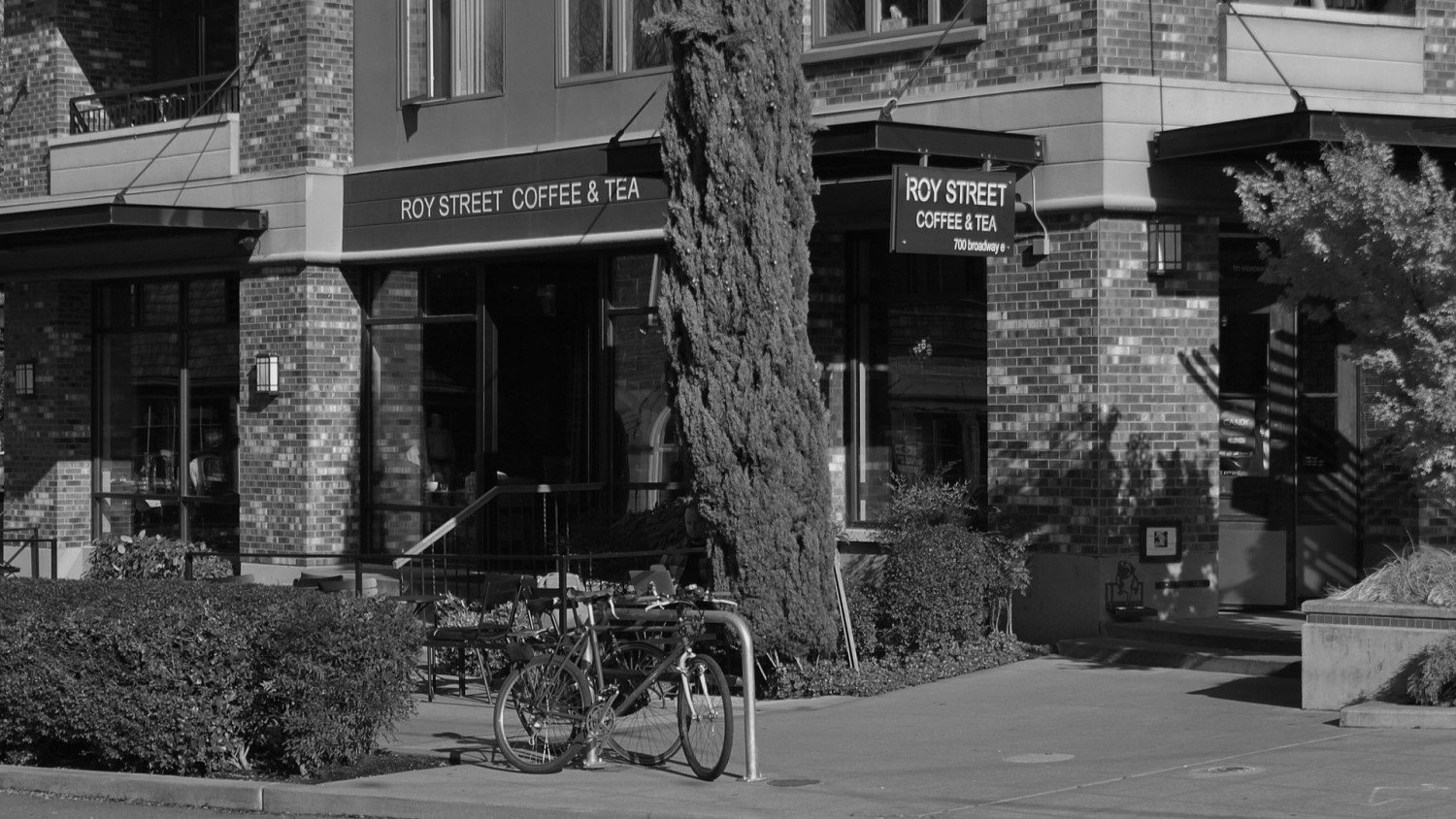
Oct 6, 2023 Stealth Starbucks: A Premonition of Modern Specialty Coffee Oct 6, 2023 Oct 6, 2023
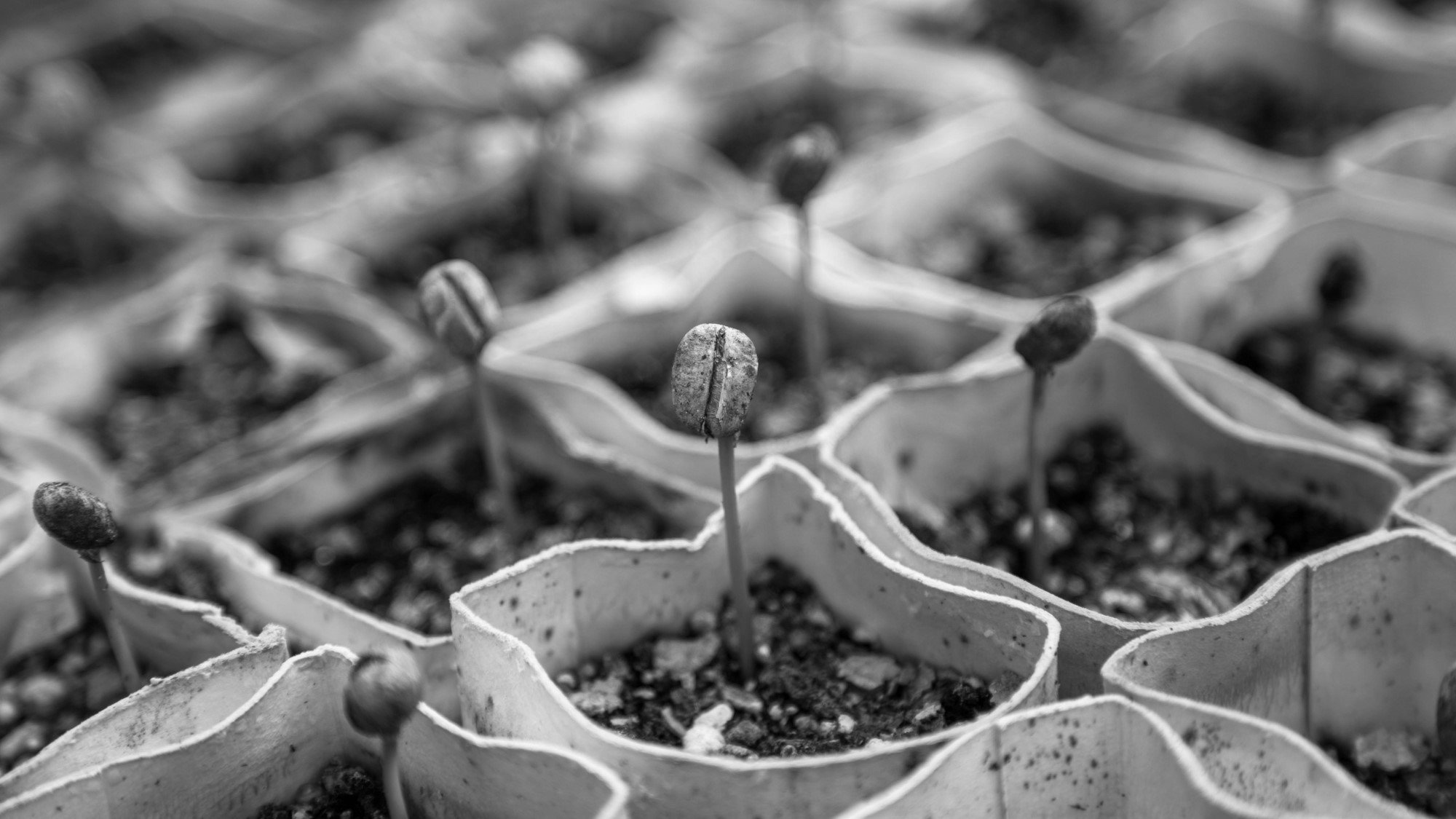
Sep 22, 2023 Can the Coffee Change Fund Save Coffee? Sep 22, 2023 Sep 22, 2023
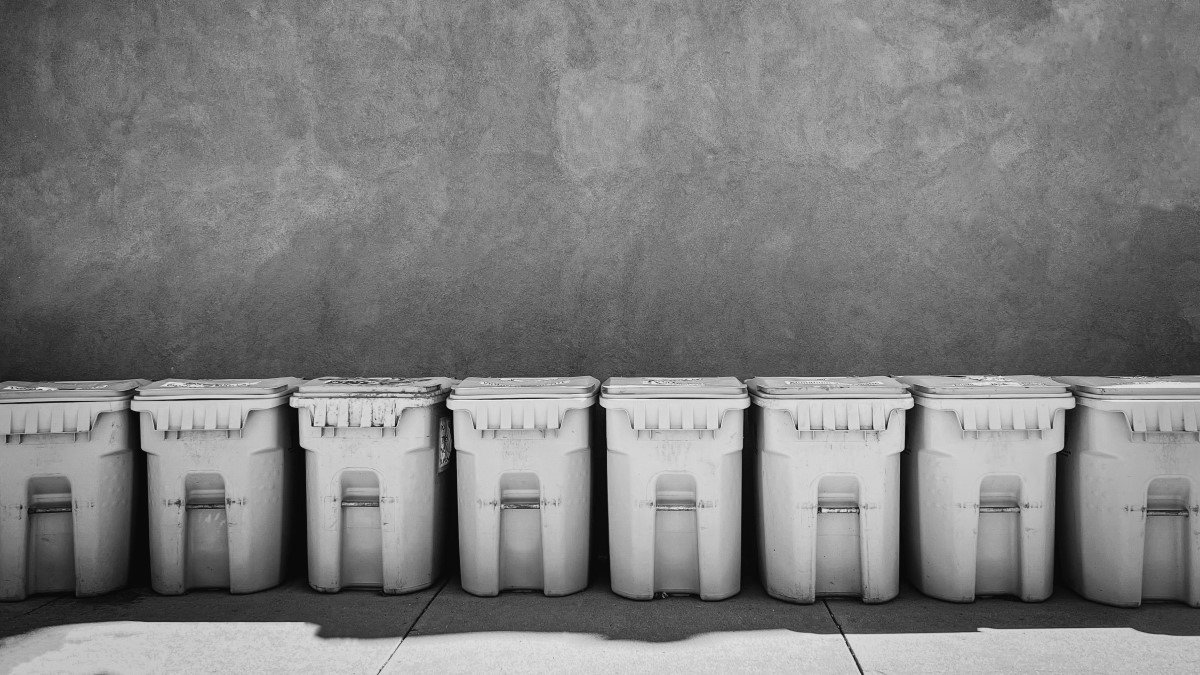
Sep 8, 2023 Upcycled Coffeewashing Sep 8, 2023 Sep 8, 2023
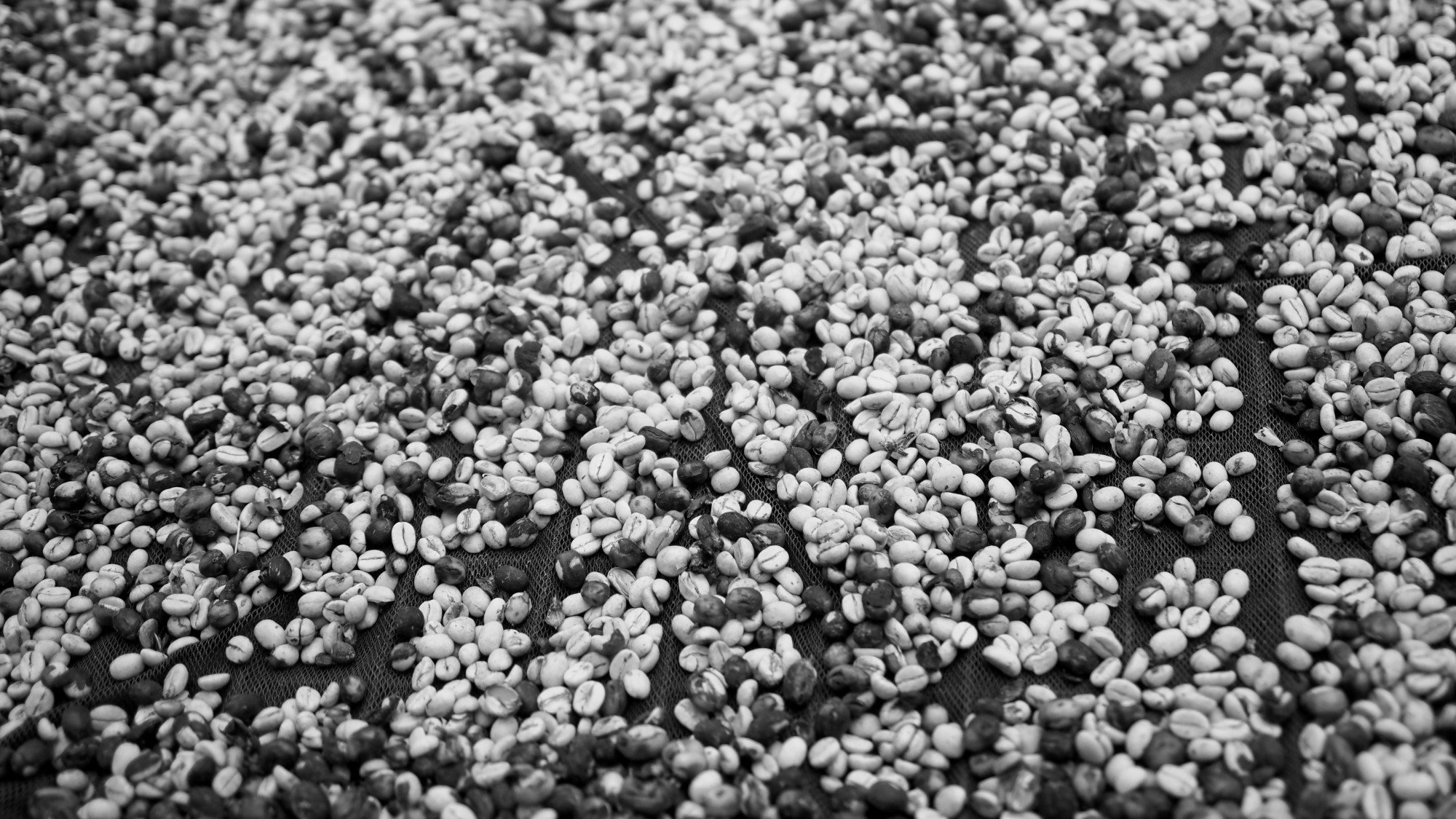
Aug 25, 2023 From A Concerned Farmer Aug 25, 2023 Aug 25, 2023

Aug 11, 2023 Philly is a (Coffee) Union Town Aug 11, 2023 Aug 11, 2023
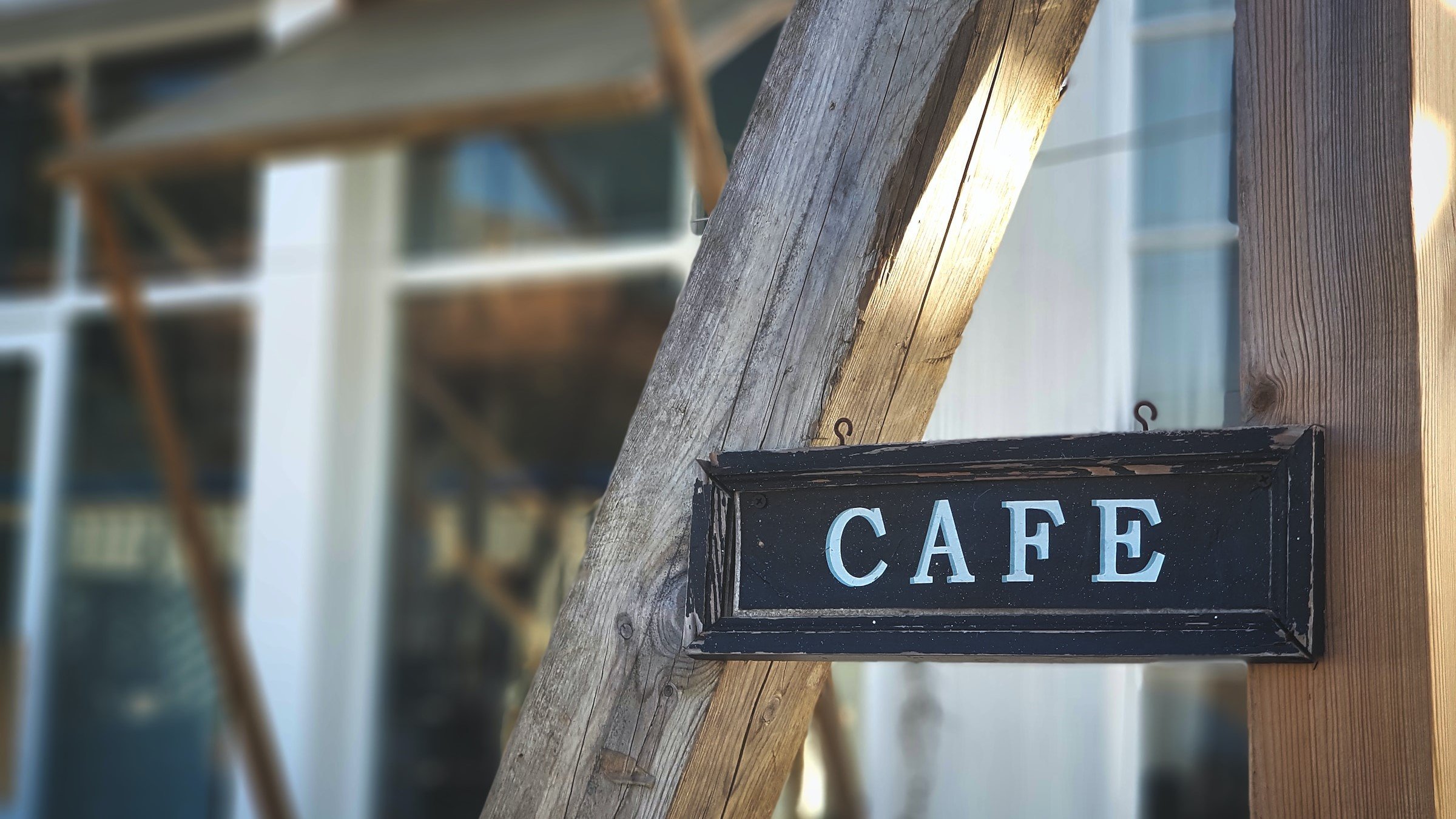
Jul 28, 2023 South Korea's Coffee Wars Jul 28, 2023 Jul 28, 2023
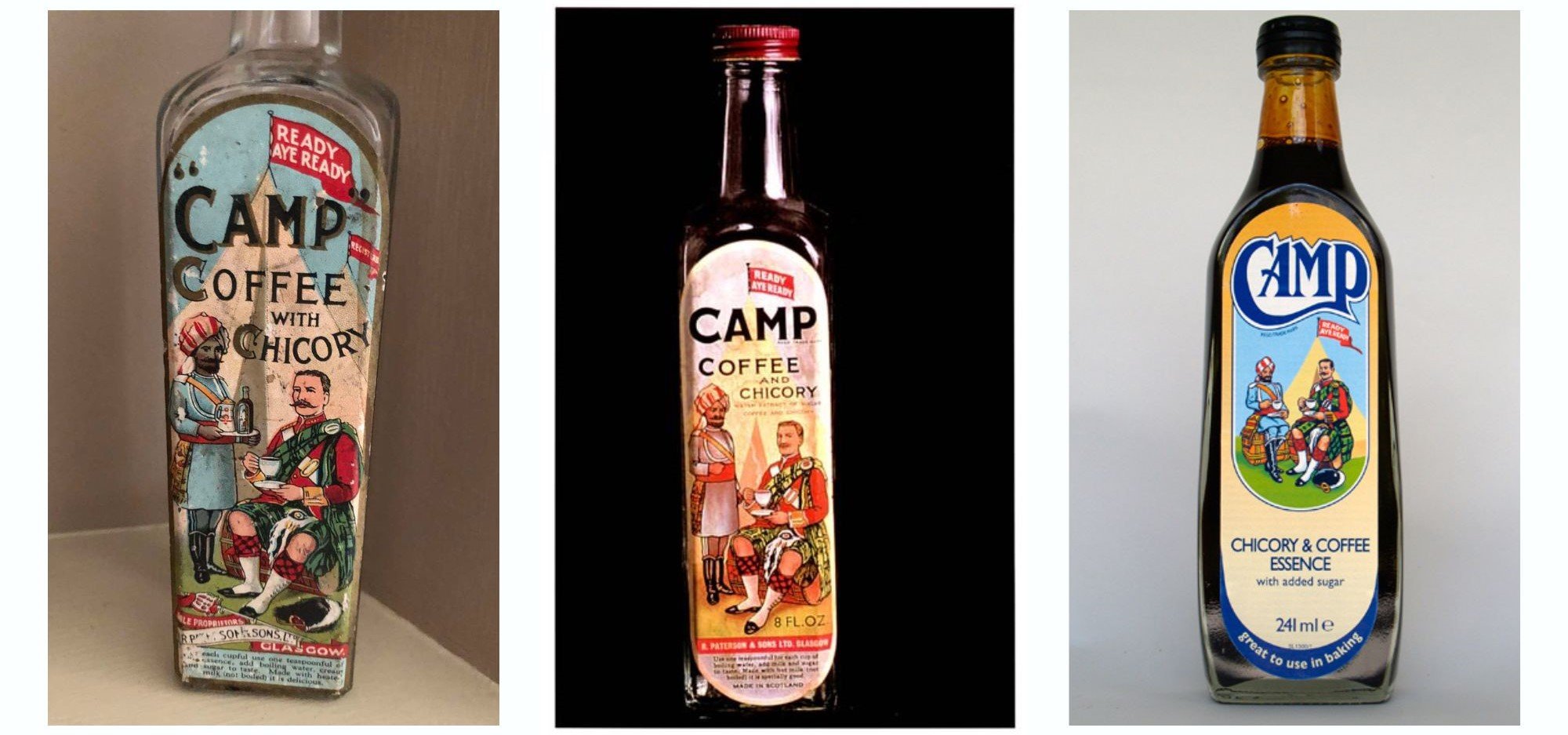
Jul 14, 2023 Camp Coffee, Colonialism, and the Evolution of a Brand Jul 14, 2023 Jul 14, 2023
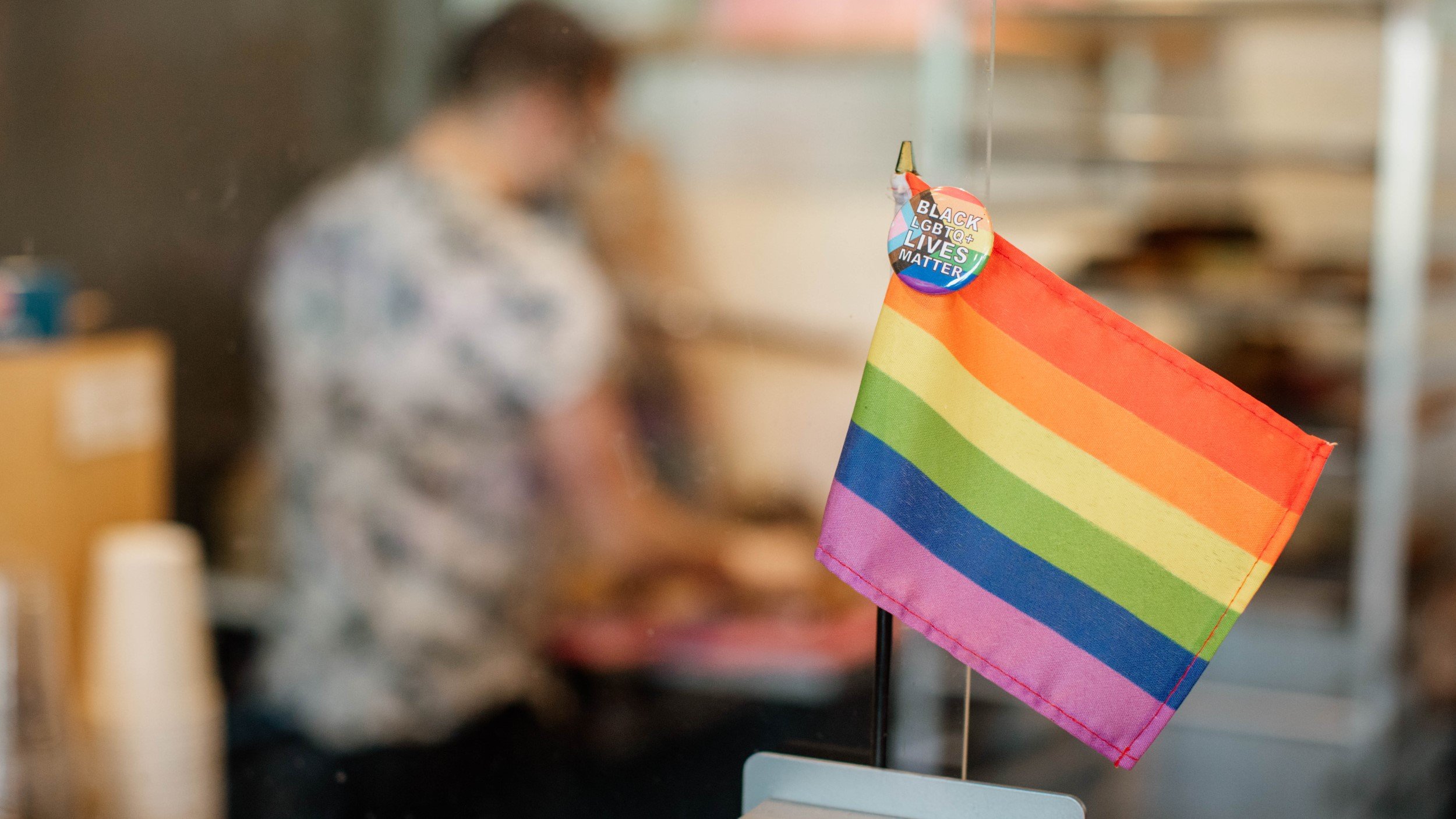
Jun 30, 2023 Defiance and Gay Frog Donuts: How Strange Matter Coffee is Navigating the Anti-LGBTQ+ Backlash Jun 30, 2023 Jun 30, 2023






